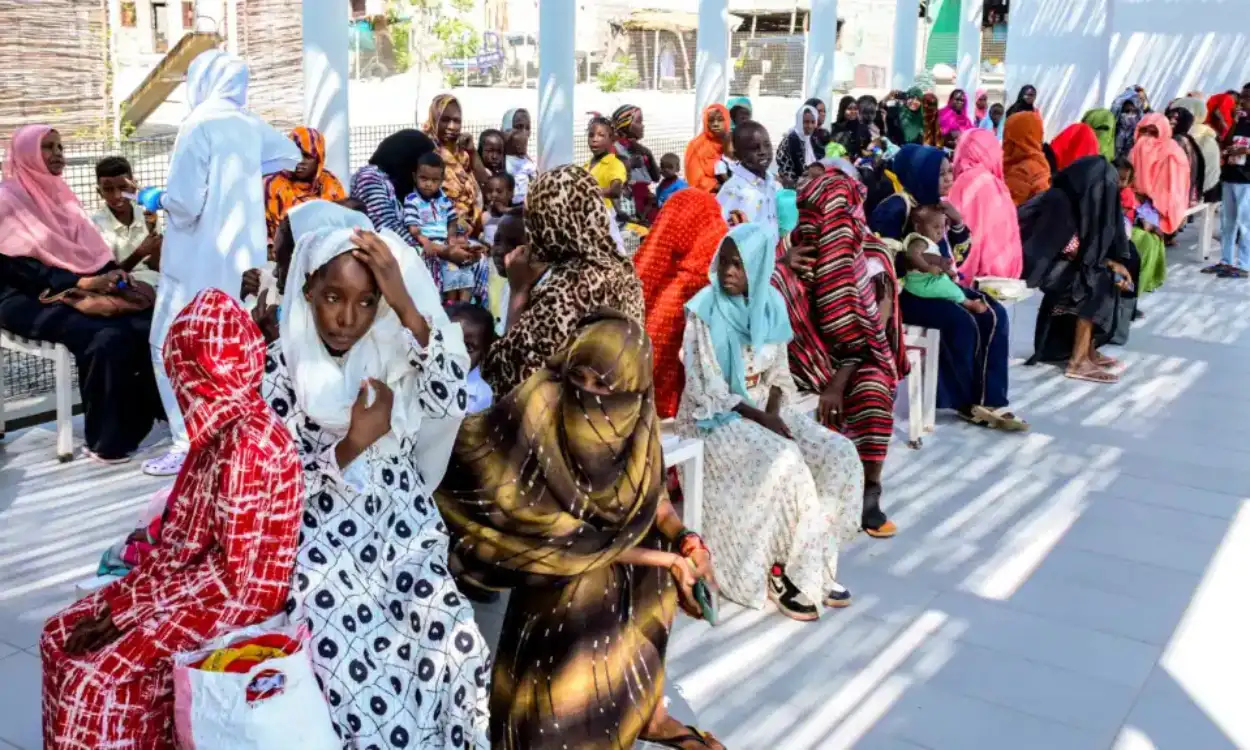The World Bank has lowered its 2023 economic growth forecast for sub-Saharan Africa from 3.4% to 3%, with Sudan’s ongoing civil war cited as a key factor disrupting the region’s economic stability. The conflict in Sudan has severely hindered economic activities, displacing citizens and causing widespread hardship. Without this disruption, the World Bank projected that the region’s growth in 2024 could have been half a percentage point higher.
Despite these challenges, the World Bank’s latest report, Africa’s Pulse, projects that economic growth in the region will reach 3.9% in 2024, an upward revision from its previous 3.8% estimate. This increase is attributed to rising private consumption and investment, supported by moderating inflation across several countries, which is expected to allow for lower lending rates. Nonetheless, the bank cautioned that the region’s recovery remains “in slow gear.”
Regional Challenges and Recovery Obstacles
The report highlights persistent risks to growth, including armed conflict, climate-related issues like droughts and floods, and high levels of public debt. Economic recovery has also been hampered by high debt servicing costs, particularly in countries such as Kenya, where protests erupted earlier this year in response to tax hikes aimed at addressing these financial pressures. Andrew Dabalen, the World Bank’s chief economist for Africa, underscored the impact of these constraints, noting that “staggering interest payments” have limited the region’s ability to attract much-needed investments.
Country-Specific Growth Projections
According to the report, sub-Saharan Africa’s largest economies are expected to show varied performance. South Africa’s growth is set to increase modestly to 1.1% this year and 1.6% by 2025. Nigeria, the region’s most populous nation, is projected to grow at 3.3% in 2023, with a slight rise to 3.6% by 2025. Meanwhile, Kenya, the wealthiest East African economy, is forecast to expand by 5% this year.
Long-Term Growth Challenges
Historically, sub-Saharan Africa grew at an impressive 5.3% annual rate from 2000 to 2014, largely driven by a global commodities boom. However, growth slowed following the collapse of commodity prices and was further impacted by the COVID-19 pandemic. The World Bank report emphasized that without significant increases in investment, the region will struggle to reach its pre-pandemic growth levels and make meaningful progress in poverty reduction.
Debt remains a considerable burden for the region. Over the past 15 years, external debt has risen sharply, reaching around $500 billion, with the majority of loans held by international bond investors and China. Some countries, such as Chad, Zambia, Ghana, and Ethiopia, have defaulted on their debt in recent years and have engaged in restructuring processes under the G20’s Common Framework initiative.
Dabalen warned that until these debt issues are fully addressed, sub-Saharan Africa may experience prolonged economic uncertainty, potentially stalling future growth and creating further hardship for millions across the region.


